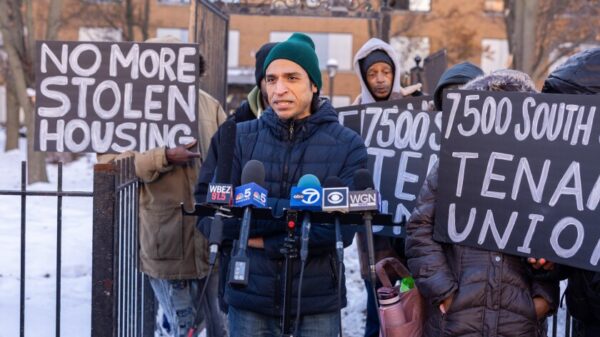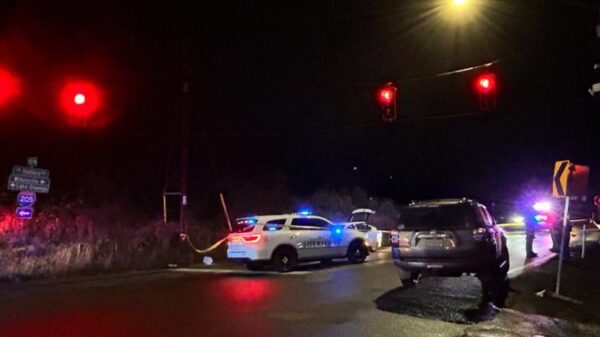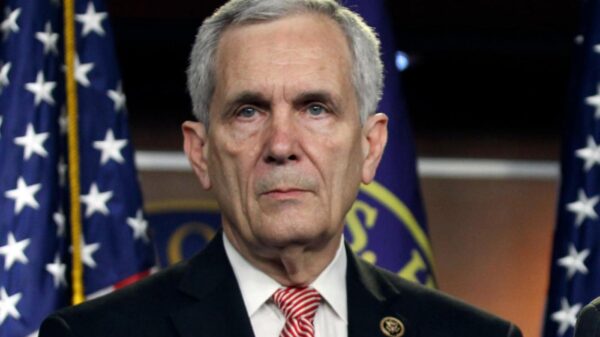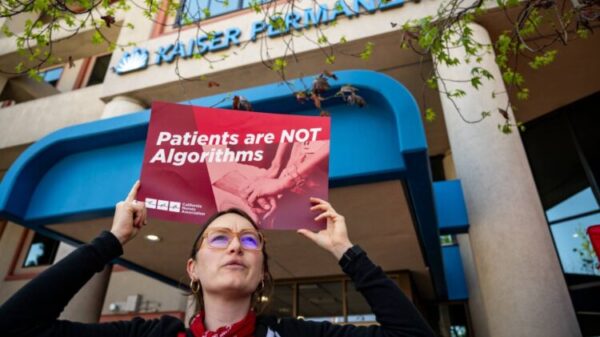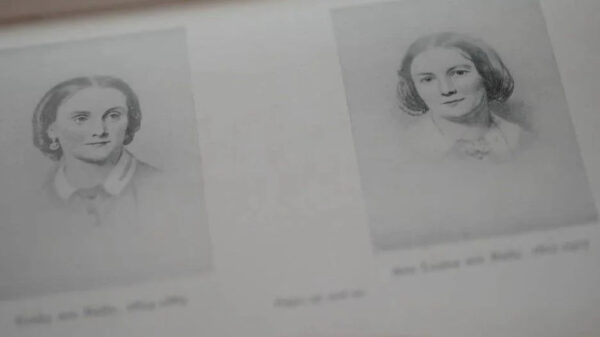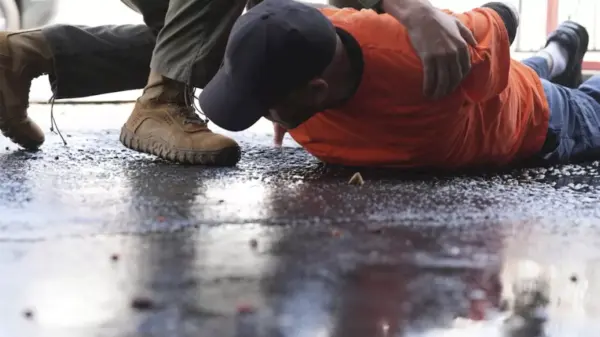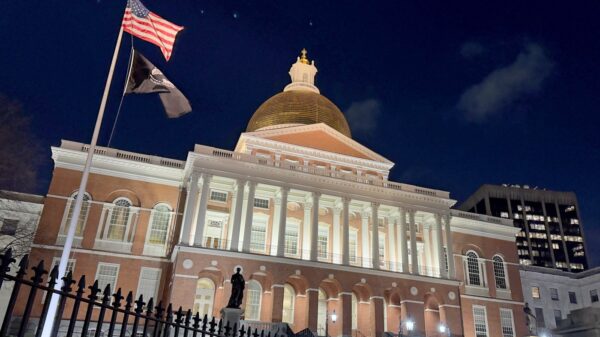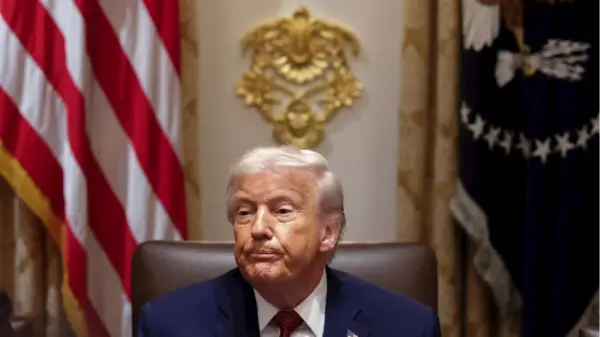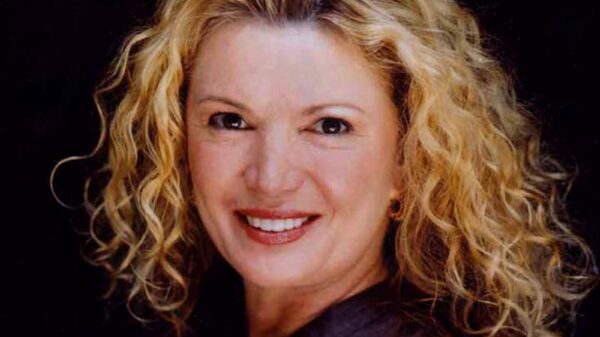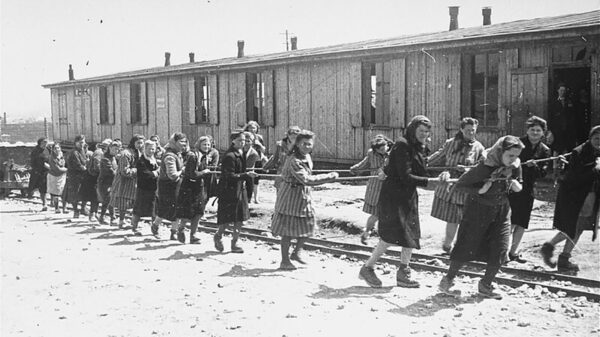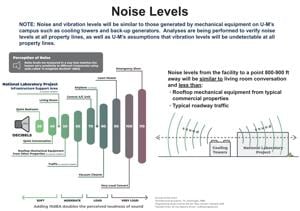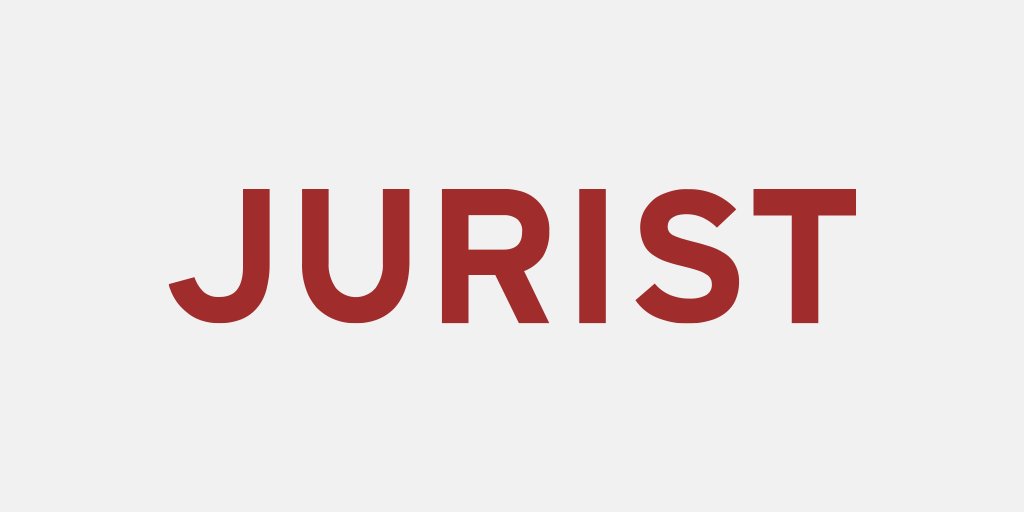A court in Yerevan, Armenia, sentenced Archbishop Mikael Ajapahyan to two years in prison on September 24, 2023, after finding him guilty of calling for the overthrow of the government. The case has drawn significant attention, as Ajapahyan’s lawyer contends that the charges are politically motivated and plans to appeal the ruling.
The archbishop was arrested in June following a tense standoff with security forces at the Mother See of Holy Etchmiadzin, where he was initially detained. Following his arrest, he was brought before the Investigative Committee and subsequently placed into pretrial detention. Prosecutors accused him of making public calls to seize power and violently overthrow Armenia’s constitutional order.
In response to the verdict, the Armenian Apostolic Church condemned the ruling, labeling it part of an “anti-church campaign.” This case is part of a broader pattern of increased tensions involving outspoken clerics and opposition figures in the country. Notably, Archbishop Bagrat Galstanyan, who leads the Sacred Struggle movement, has faced coup-related allegations. Galstanyan’s lawyers have dismissed the accusations as fabricated, asserting that investigators recovered explosives and equipment during a police operation against him.
Tensions in Armenia have escalated since the government agreed in 2024 to transfer control of several border villages to Azerbaijan, aiming to normalize relations between the two countries. This decision sparked large demonstrations, and the Sacred Struggle movement expanded its criticisms of the government to encompass various grievances.
While Armenian and Azerbaijani leaders reached a preliminary US-brokered peace framework in August, a final treaty remains unsigned, with ongoing debates surrounding security concessions. The situation has left many Armenians uneasy about the future, particularly in light of the government’s recent actions.
Ajapahyan’s defense team is expected to challenge both the conviction and sentence through an appellate review. Under Armenia’s criminal procedure, defendants have the right to contest trial decisions based on legal and evidential grounds. If the appeal is rejected, further review may be sought before the cassation court.
The church has indicated it will pursue legal remedies and public advocacy in conjunction with the appeal, seeking to address what it views as an infringement on religious freedom and political expression.




